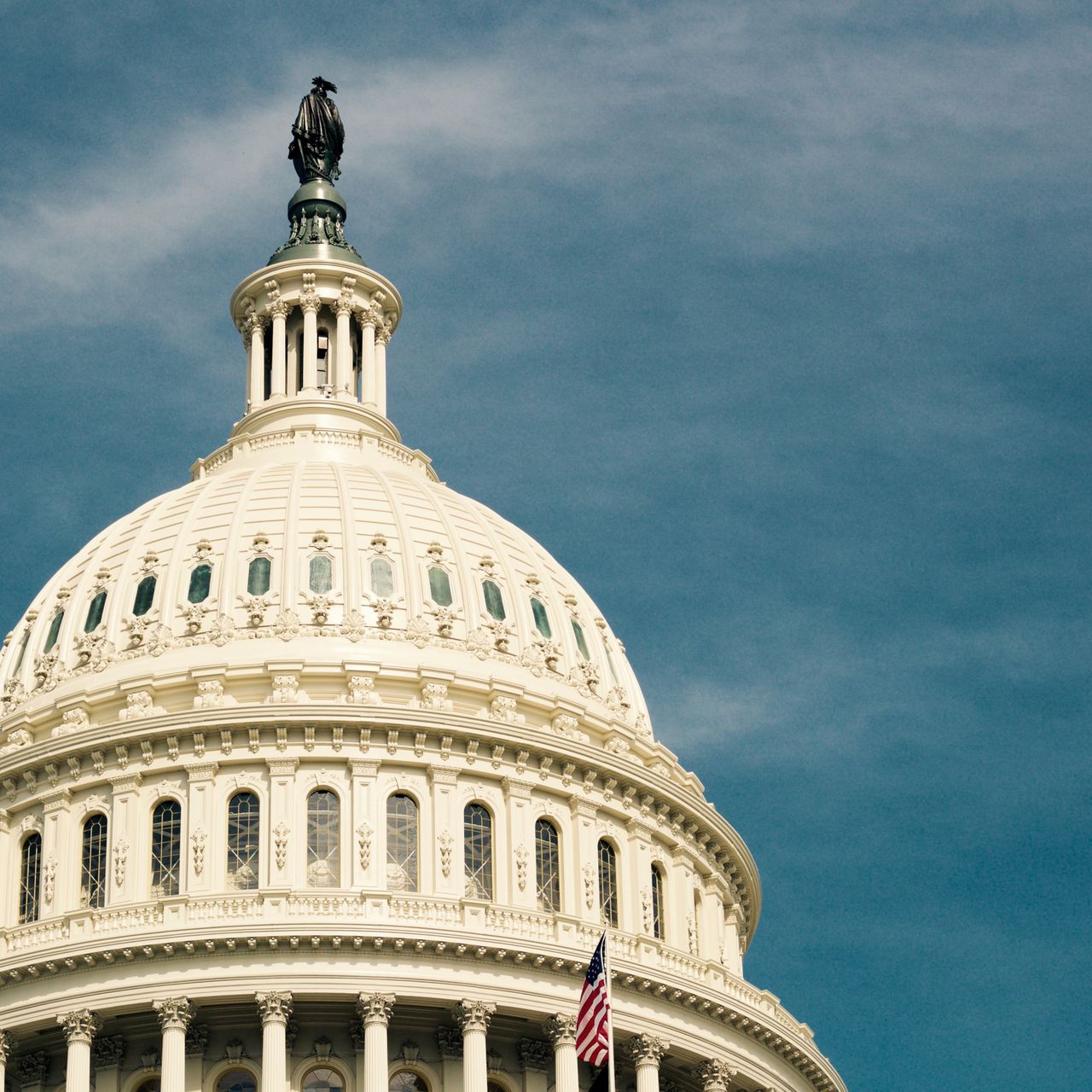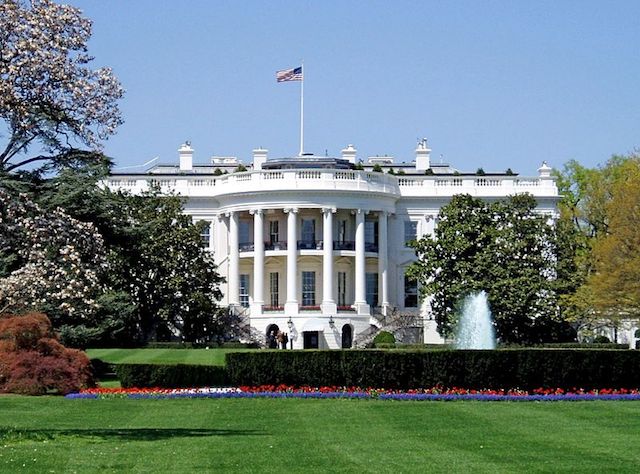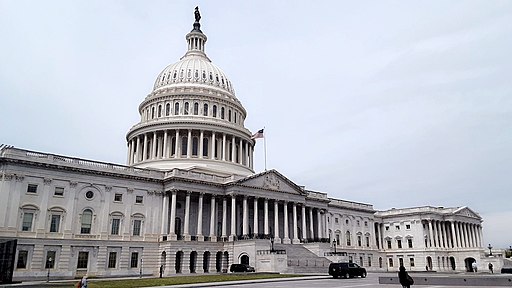Tag: congressional review act
-
President Trump & Congress repeal two Consumer Financial Protection Bureau rules

What’s the story? Following the close of the 60-day legislative disapproval period under the Congressional Review Act (CRA) on May 12, 2025, President Donald Trump (R) signed resolutions nullifying a total of 11 rules from 7 agencies during his second term. Of those 11, a total of two resolutions of disapproval nullified rules administered by…
-
Congressional resolution would block OSHA COVID-19 vaccine mandate

Companion resolutions, introduced in both houses of Congress under the Congressional Review Act (CRA), aim to block a mandate issued by the Occupational Safety and Health Administration that directs large employers to require employees to get vaccinated against COVID-19 or to submit to regular testing and face covering. Representative Fred Keller (R-Penn.) sponsored the resolution…
-
Biden signs three Congressional Review Act bills repealing Trump-era rules

President Joe Biden (D) signed three Congressional Review Act (CRA) bills on June 30, reversing three administrative rules implemented near the end of the Donald Trump (R) administration. Signing these bills brings the total number of rules repealed under the CRA to 20. These CRA bills are also the first Congress has used to reverse…
-
U.S. Senate approves resolution to reverse Trump-era rule about how banking laws apply to certain loans

The U.S. Senate passed a resolution under the Congressional Review Act (CRA) on May 11 to block a rule made by the U.S. Comptroller of the Currency (OCC) in Oct. 2020. The final vote was 52-47, with three Republicans, Susan Collins (Maine), Cynthia Lummis (Wyo.), and Marco Rubio (Fla.), voting in favor of the resolution.…
-
U.S. Senate approves resolution to reverse Trump-era methane rule and restore standards set by Obama administration

The U.S. Senate passed a resolution under the Congressional Review Act (CRA) on April 28 to block a rule made by the Environmental Protection Agency (EPA) in Sept. 2020. The final vote was 52-42, with three Republicans, Susan Collins (Maine), Lindsay Graham (S.C.), and Rob Portman (Ohio), voting in favor of the resolution. 49 Democrats…
-
Congressional resolution would reverse Trump-era rule specifying when Social Security administrative appeals judges would decide cases

On April 1, 2021, U.S. Representative John Larson (D-Conn.) introduced a resolution in the U.S. House of Representatives under the Congressional Review Act (CRA) to block a rule made by the Social Security Administration (SSA) in November 2020. The rule, published in the Federal Register on November 16, 2020, aims to clarify when administrative appeals…
-
Congressional resolution would reverse Trump-era rule about how banking laws apply to certain loans

On March 25 and 26, 2021, U.S. Senator Chris Van Hollen (D-Md.) and U.S. Representative Jesus Garcia (D-Ill.) introduced companion resolutions in the U.S. Senate and U.S. House of Representatives under the Congressional Review Act (CRA) to block a rule made by the U.S. Comptroller of the Currency (OCC) in October 2020. The rule, published…
-
Congressional resolution would reverse Trump-era rule about company shareholder proposals

On March 25 and 26, 2021, U.S. Senator Sherrod Brown (D-Ohio) and Delegate Michael F.Q. San Nicolas (D-Guam) introduced companion resolutions in the U.S. Senate and U.S. House of Representatives under the Congressional Review Act (CRA) to block a rule made by the U.S. Securities and Exchange Commission (SEC) in November 2020. The rule, published…
-
Congressional resolution would reverse Trump-era HHS rule that added sunset dates to agency regulations

On March 25 and 26, 2021, U.S. Representative Raja Krishnamoorthi (D-Ill.) introduced a resolution in the U.S. House of Representatives under the Congressional Review Act (CRA) to block a rule made by the U.S. Department of Health and Human Services (HHS) in January 2021. The rule, published in the Federal Register the day before Joe…
-
Congressional resolution would reverse Trump-era methane rule to restore standards set by Obama administration

On March 25 and 26, 2021, U.S. Senator Martin Heinrich (D-N.M.) and U.S. Representative Diana DeGette (D-Colo.) introduced companion resolutions in the U.S. Senate and U.S. House of Representatives under the Congressional Review Act (CRA) to block a rule made by the Environmental Protection Agency (EPA) in September 2020. The Congressional Review Act gives Congress…

